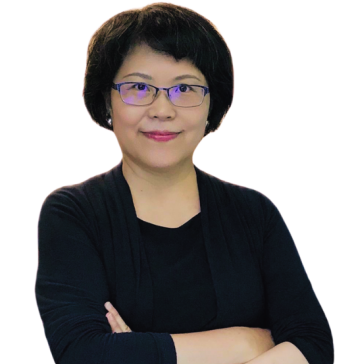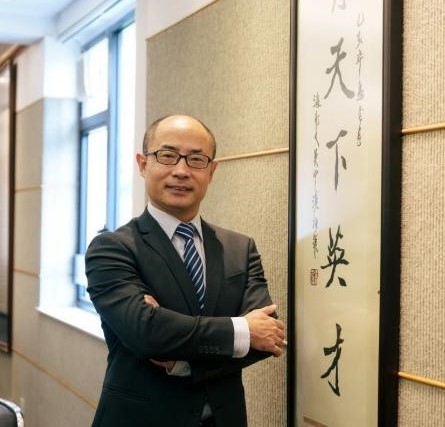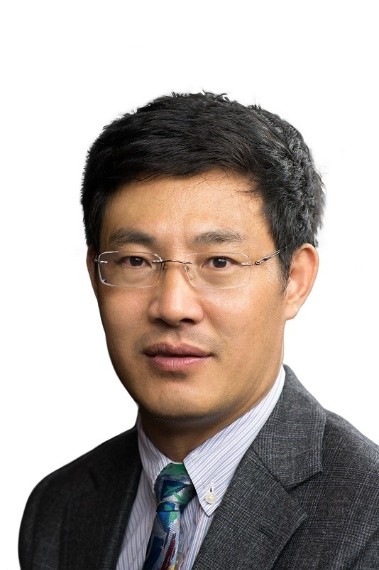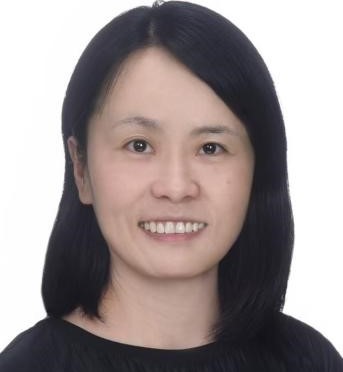SSCI Journal Special: Conversation with the Editor-in-Chief
Invited experts
Forum Summary
With the rapid development of artificial intelligence today, education is facing unprecedented opportunities and challenges for change. This high-end forum focuses on the deep integration of artificial intelligence and "global harmony" education concept, and discusses how to achieve harmony and happiness in education through technological means. The "Global Harmony" educational concept advocates the realization of environmental harmony, human harmony and the happiness of everyone on a global scale. How can artificial intelligence, as a powerful tool, help realize this concept? With the help of AI, how will education develop future citizens with a global perspective and responsibility?
The forum will delve into the application of AI in education, analyzing its potential in promoting students' personalized learning, cross-cultural communication, emotional support and more. At the same time, we will also focus on the ethical challenges brought by AI technology and explore how to adhere to the humanistic care of education in the application of technology. Through this forum, we hope to provide a platform for educators, researchers and policy makers to jointly explore the future path of education in the era of artificial intelligence, and contribute wisdom to the realization of a more harmonious and happy education vision.

Yu-Ju Lan
Dr. Yu-Ju Lan is a Research Chair Professor in the Department of Chinese as a Second Language at National Taiwan Normal University. She is currently the Editor-in-Chief of Educational Technology & Society, Associate Editor of Language Learning & Technology, and on the editorial board of Ampersand. She was awarded the Outstanding Research Award by the Ministry of Science and Technology (MOST), Taiwan, in 2022. Dr. Lan is the founding president of the Taiwan Pedagogy and Practice in TELL Association. Her research interests include technology-enhanced foreign language learning, virtual reality, AI, and online synchronous teacher training.
Content of the report:
How to Get Your Paper Published: An Editor's Perspective
Abstract:
This talk will cover some tips for writing academic papers from an editor’s perspective. What do editors like and dislike? From identifying impoirtant research questions, conducting a solid literature review, and adopting sound research methods to reporting research results, each step will be explained in a simple and easy to understand manner.

Hongbiao Yin
Dr. Hongbiao Yin is the chairperson and professor in the Department of Curriculum and Instruction at the Chinese University of Hong Kong. His research interests include teacher learning, teacher emotion, curriculum reform, and learning and teaching in higher education. He published widely in the international journals including Educational Research Review, Computers in Human Behavior, Teaching and Teacher Education and Higher Education. Currently he is Co-Editor of Teaching and Teacher Education (SSCI Q1, Elsevier) and Future in Educational Research (Wiley).
Content of the report:
Facilitating the knowledge sharing in technology-powered teaching and teacher education
Abstract:
This talk will share some recent updates in the journal-specific information of Teaching and Teacher Education (TATE). Technology-powered teaching and teacher education has been a significant area of growth in the submissions to TATE. To facilitate the knowledge sharing and advance theory building in this area, the editorial team of TATE would like to invite quality submissions from all over the world in which China has been increasingly playing an important role.

Qiyun Wang
Dr. Qiyun Wang is Professor at the Department of Learning Sciences and Assessment, National Institute of Education (NIE), a co-director of the Centre for Research and Development in Learning (CRADLE), Nanyang Technological University (NTU), Singapore. He is a top 2% educational researcher worldwide ranked by Stanford and Elsevier (2021-2024). He is an editor-in-chief of Research and Practice in Technology Enhanced Learning (RPTEL). In recent years, he has conducted a series of research projects about engaging students in blended synchronous online learning. He is a PI of the Singapore MOE funded research project of “Promoting and Monitoring the Cognitive Engagement of Online Students in the Blended Synchronous Learning environment” (2021-2025) and Enhancing and Monitoring the Emotional Engagement of Students in Synchronous Online Learning (2025-2028).
Content of the report:
How to conduct empirical research and publish your research findings
Abstract:
This talk will draw on the speaker's own research experience to share how to conduct empirical educational research. It will provide a brief introduction to aspects like selecting a research topic, formulating research questions, conducting a literature review, designing the study, and analyzing and presenting data. Additionally, it will cover how to write a journal paper based on the data, submit it to an academic journal, address reviewers’ comments, and revise the paper accordingly.

Wen Yun
Wen Yun is an Assistant Professor in the Learning Sciences and Assessment Department at the National Institute of Education (NIE), Nanyang Technological University, Singapore (NTU). Her research investigates how people learn through interaction and dialogue in multimodal environments, and how emerging technologies, such as Augmented Reality (AR) and Artificial Intelligence (AI), can foster high-quality interactions to promote teaching and learning. She leads interdisciplinary teams to translate research into practical educational applications, developing impactful and sustainable technology-enhanced learning solutions. She was awarded the Social Science and Humanities Research Fellowship by the Singapore Social Science Research Council in 2022, and the first recipient from the NIE to receive the prestigious NTU Nanyang Research Award. She currently serves as an Associate Editor for Educational Technology & Society and the Asia Pacific Journal of Education.
